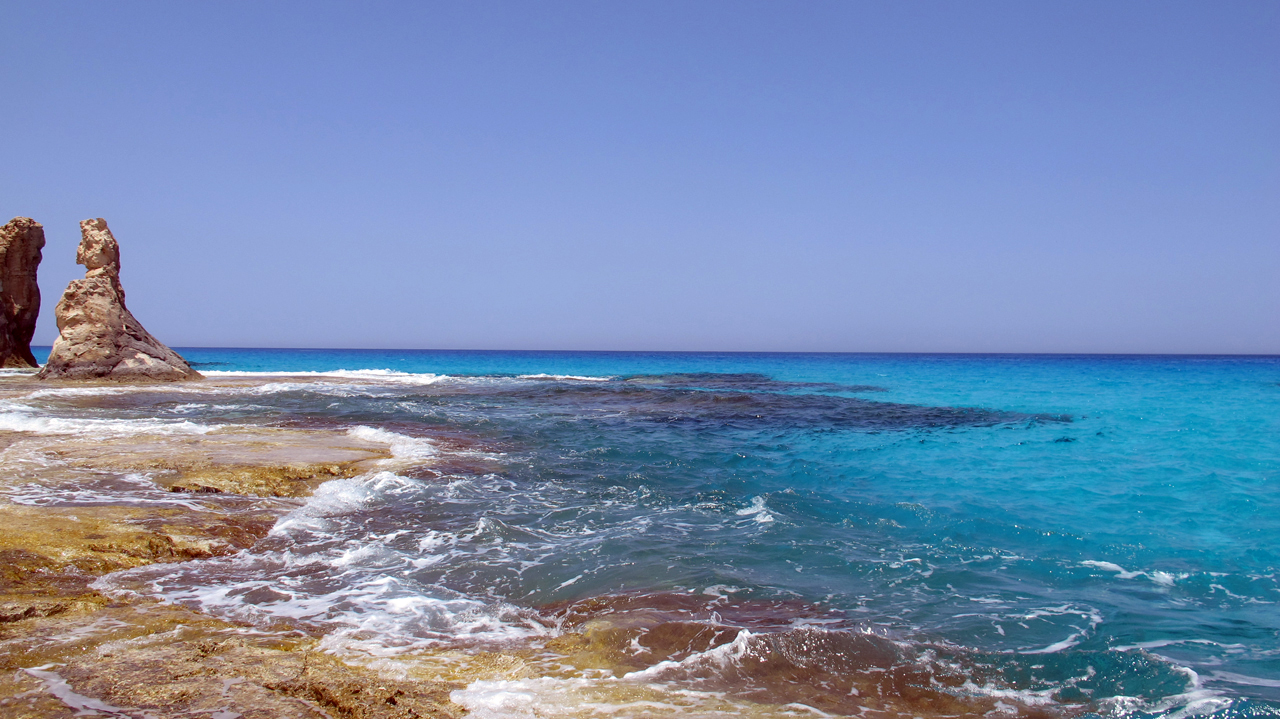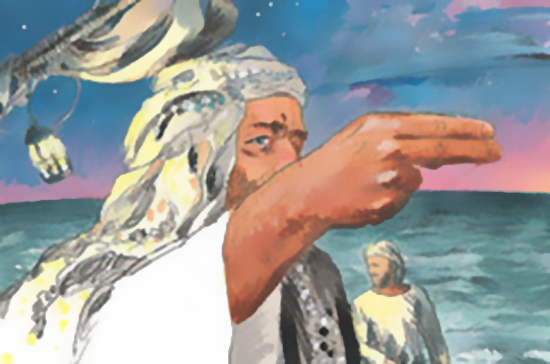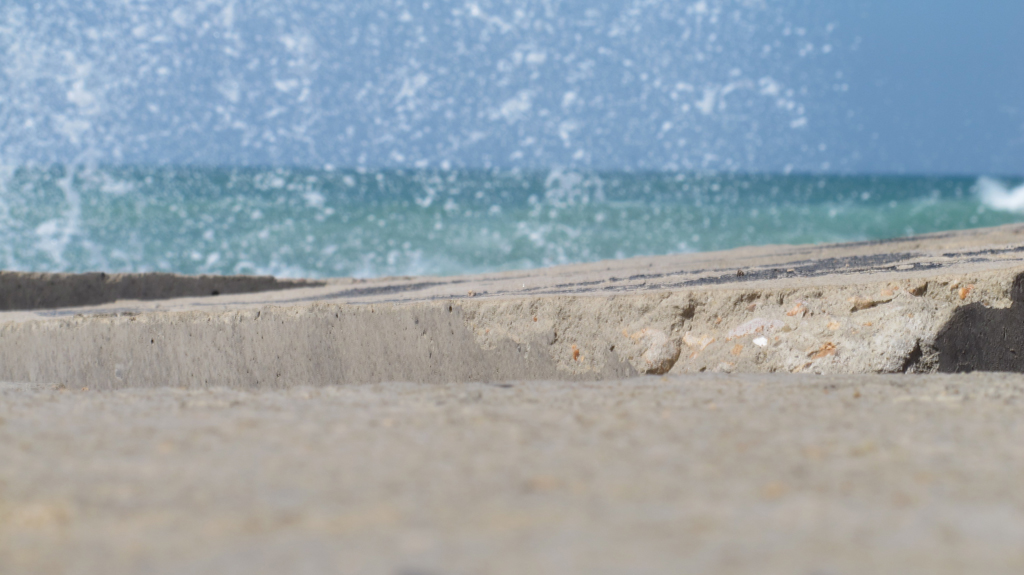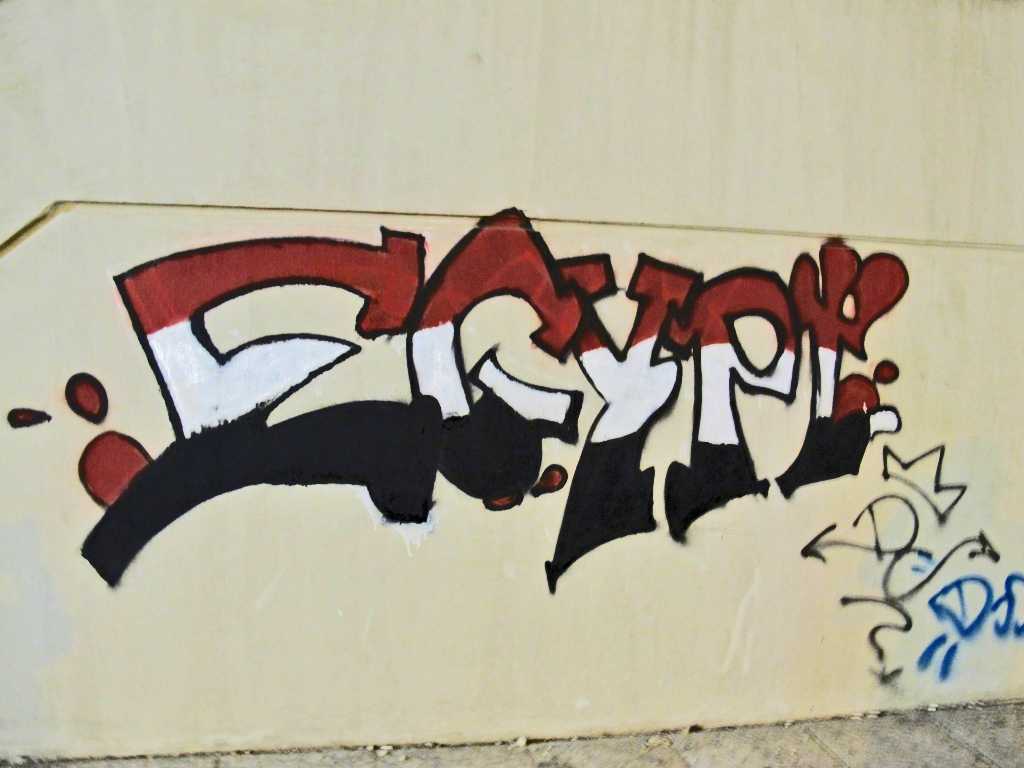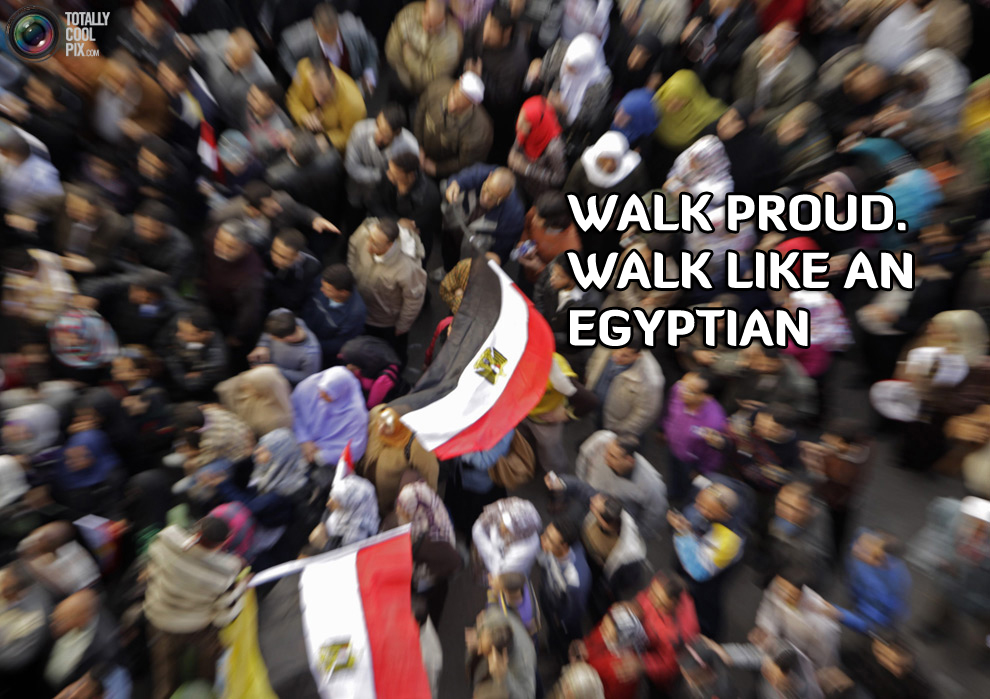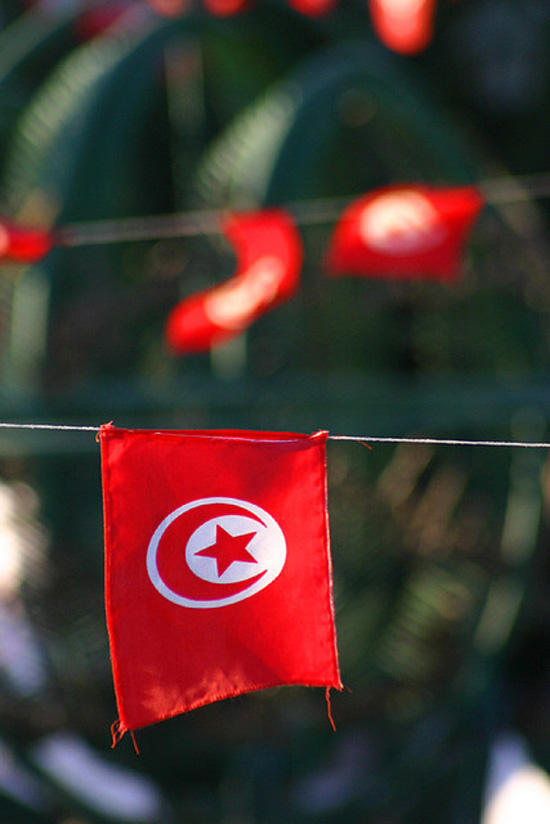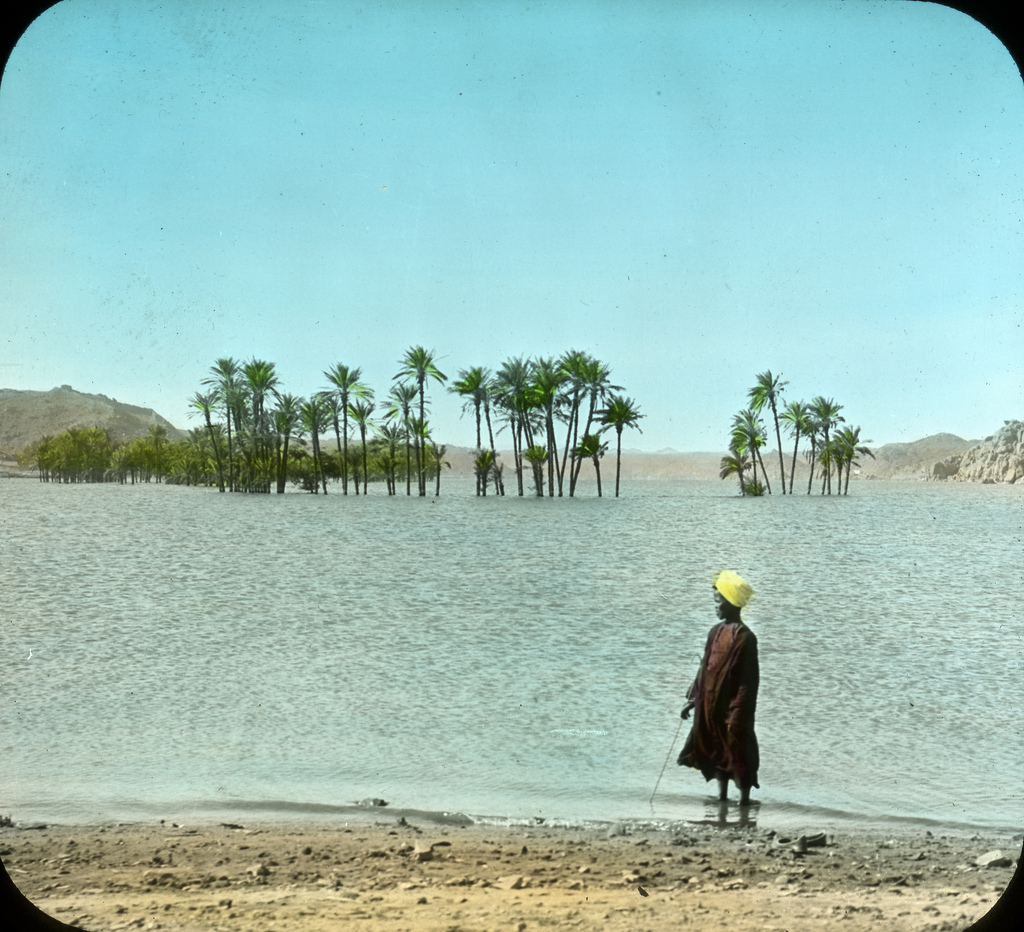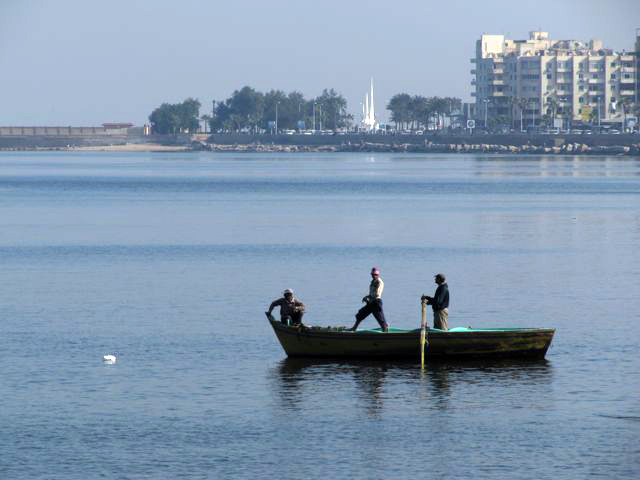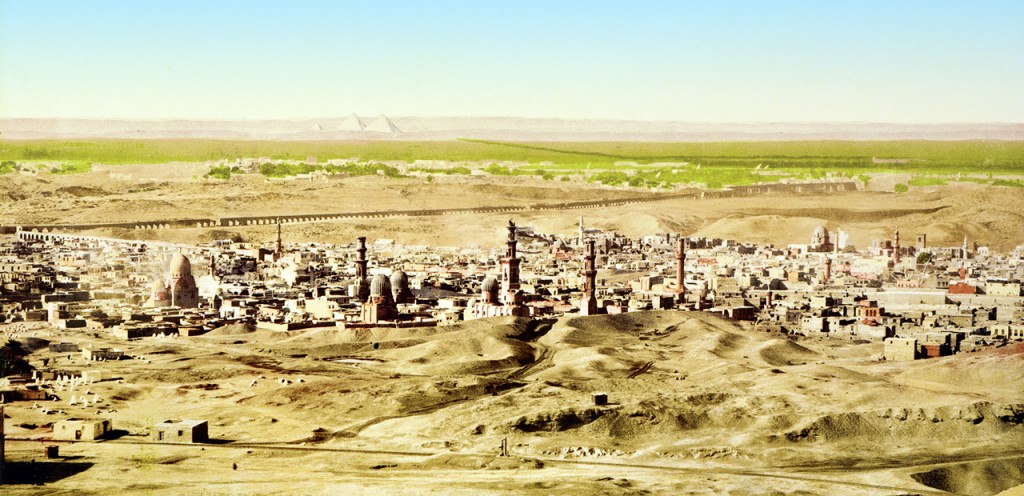By M. Butcher
Cleopatra Beach in off the Mediterranean along the North Coast of Egypt. It is a beautiful place to take a walk and even have a picnic. The water is clear but the beach is rocky. It is a nice place to visit but swimming is not permitted as the waves smash against the rocks and can carry you away. The sand is almost white.
Our kids love to run and play in the waves and rocks close to the shore, as you get farther out, the rocks get slippery and it gets harder to walk. There are lots of rocks to climb on and the kids like to pretend they are the king of the castle. Read more…

